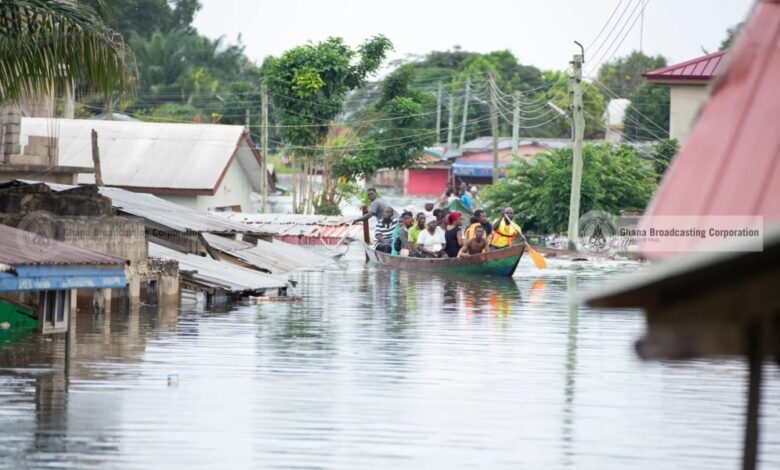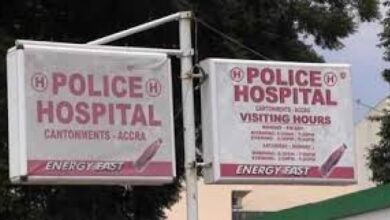Staying safe during heavy rains, thunder, and lightning in Ghana — What you need to know

As Ghana enters the peak of its rainy season, the country has already begun to experience intense downpours accompanied by loud thunderclaps and flashes of lightning.
These conditions, while not unusual for this time of year, can be dangerous — and even deadly — if precautions aren’t taken seriously.
From flooded roads to sudden lightning strikes, the risks are real. But staying safe during heavy rains in Ghana is possible if you know what to do.
1. Avoid Flood-Prone Areas
Whether you’re in Accra, Kumasi, or Tamale, one of the biggest risks during heavy rains is flooding. Several neighborhoods are known hotspots for floods due to poor drainage systems. If you live in or commute through areas like Odawna, Alajo, or Sakaman, stay alert. Avoid moving water, and never attempt to drive or walk through flooded roads.
Tip: Download a weather app with flood alerts or follow the Ghana Meteorological Agency (GMet) updates on social media.
2. Stay Indoors During Lightning Storms
When thunder roars, go indoors. Ghana has recorded tragic lightning incidents in recent years — from footballers struck on the pitch to farmers caught in the open. If you’re outside when lightning starts, seek shelter immediately in a building or hard-topped vehicle. Avoid standing under trees or near tall structures.
Expert Tip: Lightning can strike even if it’s not raining yet. If you hear thunder, you’re close enough to be struck.
3. Unplug Electronics
Power surges caused by lightning can damage your electronics — or worse, cause fires. To be safe, unplug TVs, routers, fridges, and other appliances when a storm begins. Surge protectors help, but physically disconnecting is the safest route.
Reminder: Avoid using corded phones or standing near electrical outlets during a storm.
4. Stay Off the Road Unless Necessary
Heavy rains often lead to traffic gridlocks, slippery roads, and poor visibility. Motorists should avoid driving unless absolutely necessary. If you must drive:
- Turn on your headlights.
- Drive slowly.
- Maintain a safe distance between vehicles.
- Avoid potholes and roadside gutters.
Motorcyclists and pedestrians should be extra cautious.
5. Secure Your Surroundings
Strong winds often accompany heavy rains, which can cause loose items like roofing sheets, signage, and billboards to fly off. Secure outdoor furniture, close windows tightly, and if you live in a weak structure, consider temporarily relocating during severe storms.
6. Emergency Numbers to Keep Handy
- NADMO (National Disaster Management Organisation) – 112
- Ghana National Fire Service – 192
- Police – 191
- Ambulance Service – 193
Save these on speed dial — they could save a life.
7. Educate Children and Households
Children often underestimate danger. Teach them not to play in rainwater or touch fallen wires. Family members should know basic safety protocols and where to gather during emergencies.




